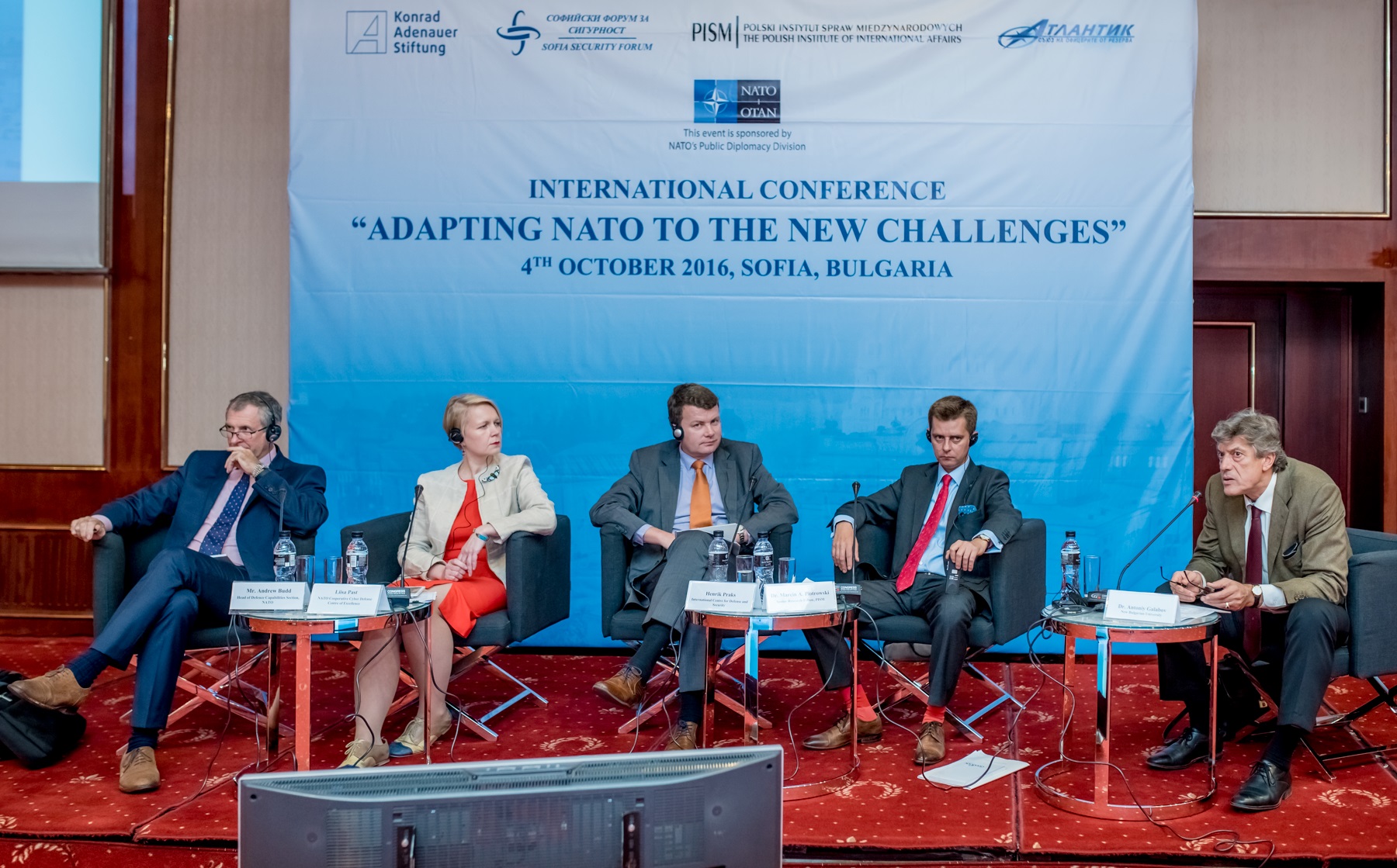Workshop on Avoidance of Hazardous Military Incidents
On 21-22 September 2016, Kalev Stoicescu represented ICDS in a workshop on Avoidance of Hazardous Military Incidents (AHMI) organized by the European Leadership Network. AHMI (in the air space and at sea, in the Baltic Sea and the Black Sea areas, but also elsewhere) has become a „hot“ topic since Russia has proposed in the NATO-Russia Council in July 2016, and thereafter actively promoted the idea of „turning on transponders“ (of military aircraft).
Read more














